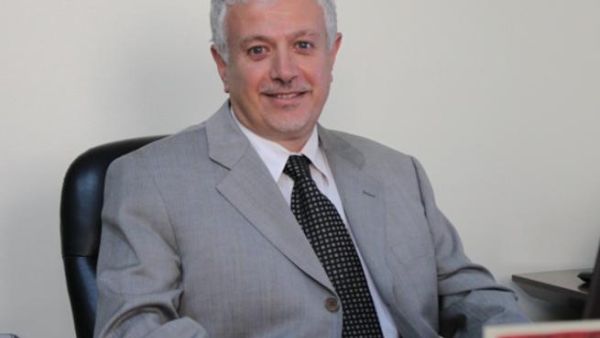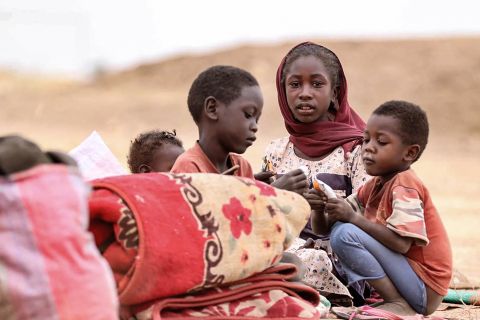Newest research institute at Qatar Foundation participates in strategic forum to discuss water, energy and food security

International experts, scientists and stakeholders from Qatar in the fields of water, energy and food security will meet in Doha on March 23 for a workshop titled “Water-Energy-Food Nexus” at Texas A&M University at Qatar. The workshop’s sessions will discuss the linkages between these three vital resources, and the research necessary to better develop policy to ensure future sustainability while meeting Qatar’s needs.
In partnership with the Qatar National Food Security Program (QNFSP), Texas A & M University at Qatar (TAMU-Q), Qatar University (QU), Carnegie Mellon University in Qatar (CMU-Q), Qatar Foundation’s newest research institute, Qatar Energy and Environment Research Institute (QEERI), will be making its debut at the workshop. Dr. Rabi Mohtar, Executive Director of QEERI stated: “Qatar depends heavily on imports to meet its nutrition needs – 90% of the food consumed is imported. To meet Qatar’s objective to reduce the reliance on overseas sources by localizing agricultural productivity, the interlinkages with water and energy need to also be thoughtfully and carefully considered. This focus touches at the core of the philosophy of the Qatar Environment and Energy Research Institute.”
QEERI is one of three national research institutes established by Qatar Foundation for Education, Science and Community Development which focus on applied research. The other two institutions are the Qatar Biomedical Research Institute and the Qatar Computing Research Institute.
“This workshop is providing a unique and multidisciplinary research forum for national stakeholders and international experts to discuss and to actively tackle environmental issues and their implications on water and food security,” said Dr. Abdelali Haoudi, Vice President for Research at Qatar Foundation. “This workshop and the establishment of QEERI are a central part of QF’s mandate to prepare for a post-carbon world.”
The goal of QEERI is to ensure the sustainable development of Qatar through providing clean and sustainable sources of energy, and secure water and food resources while protecting the environment. Core research areas of QEERI include clean water and energy, environmental impact and air quality. Working with research partners at Education City, Qatar University and other national labs, QEERI will undertake research work to help build a framework for water and food security policy in Qatar.
Most of the world’s water consumption will take place in developing countries – including the Gulf and MENA regions - driven by current and anticipated population and industry growth that will result in higher energy, food and water needs. Qatar’s own rapidly rising population and economic ambitions, combined with global energy needs that rely on Qatar’s natural resource exports, puts unsustainable pressure on the country’s resources. The projected demand for water for food and energy production is significant, and policies that develop a framework for better managing these resources in a sustainable manner are critical.
“Food, water and energy issues are very interrelated,” said Dr. Mohtar. “We cannot achieve water security without addressing the food chain and understanding how water is being used. As scientists and researchers we need to explore, identify and systematically study the water-energy-food- and environment nexus in order to aid policymakers to better develop policies.”
He added: “Policy makers need to understand what the impact will be on food prices and sourcing as the result of an energy policy? What is the impact of water security policy on energy and carbon foot prints and vice versa? How will an energy policy impact water security? At this workshop, we will discuss what research needs to be undertaken in these three critical elements of the nexus in order for their policy decisions and governance to be mutually considered.”
Background Information
Qatar Foundation
Qatar Foundation (QF) is a non-profit organization made up of more than 50 entities working in education, research, and community development.
Our unique ecosystem—supported by partnerships with leading international institutions—is built on initiatives that address our most pressing challenges, create global opportunities, and empower people to shape our present and future.







